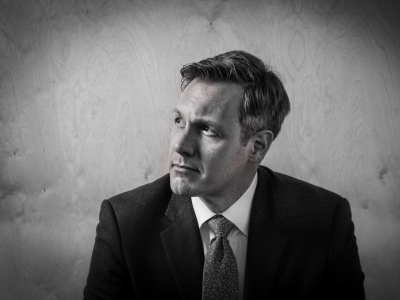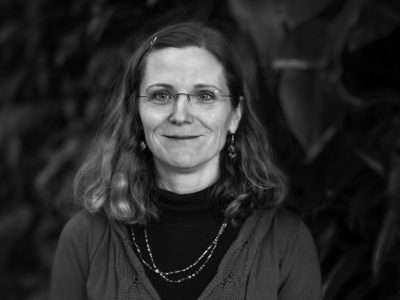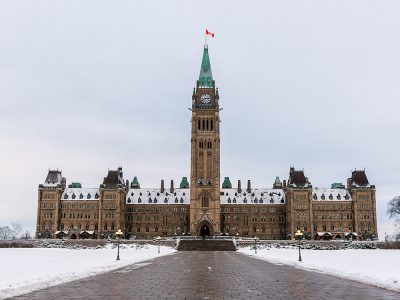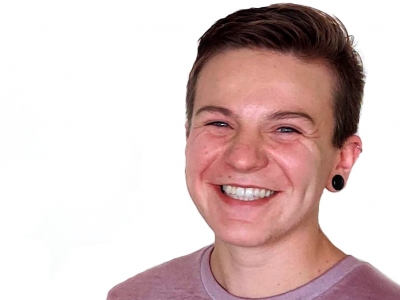This profile was part of the Faculty of Public and Global Affairs’ Generation FPA series, which highlighted up and coming alumni who graduated between 2008-2018. The series was published in 2018.
Kaitlin Wainwright oversees public education such as walking tours, heritage plaques, special projects and events as the Director of Programming at Heritage Toronto. It’s an organization that celebrates Toronto’s architectural, cultural, archaeological and natural heritage.
 How did you become interested in this field?
How did you become interested in this field?
I did a gap year in Germany and I remember seeing so many aspects of their national identity and heritage encapsulated in their public spaces.
I found that I became very interested in the history and the way it was communicated through monuments and public art, as well as the public communication of history not just in museums or movies, but in everyday life.
I chose the Combined Honours in Mass Communication and History, and then a Master of Arts in Public History, because these were a natural fit with my interests.
How do you decide what to commemorate in Toronto?
Most projects need someone to propose a person or location, which we then research to ensure it is historically significant. We’ve also begun to celebrate the history of specific communities and events, such as the St. Lawrence Market Neighbourhood, Women and the Struggle for Equality, and the renaissance of the industrial Dundas Carlaw neighbourhood in Toronto’s east end.
By helping others tell their stories, we are caretakers of the public memory.
How did your degree prepare you for the job?
The skills you develop are wonderful. My background in communication helped with writing press releases, social media, and developing editorial calendars as well as working with the public and stakeholders.
Another thing I very much liked was how varied the faculty members were in their areas of expertise. Josh Greenberg was working on health crisis communications during the H1N1 crisis. Ira Wagman studied innovation and was an expert on MuchMusic. I spent a semester learning about political rhetoric with Michael Dorland. Ever since then, I think of political speeches in a different way.
Thursday, May 3, 2018 in Career Paths, Communication, GenFPA
Share: Twitter, Facebook



